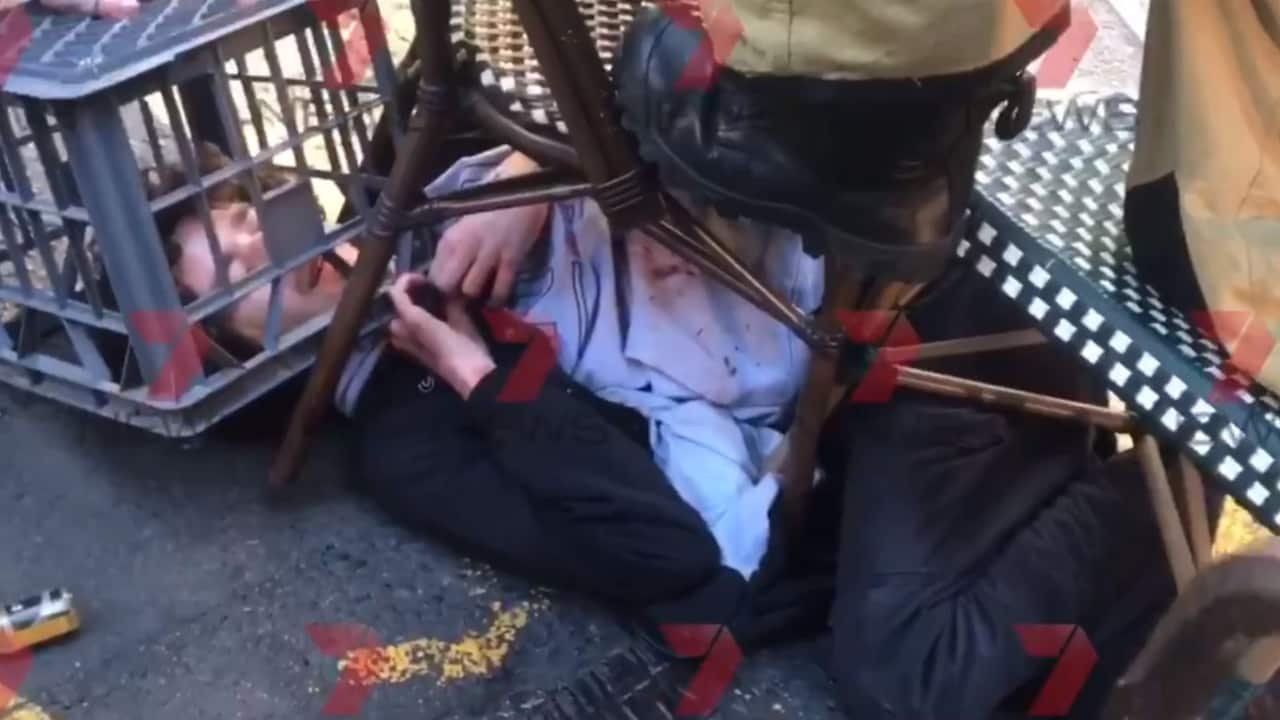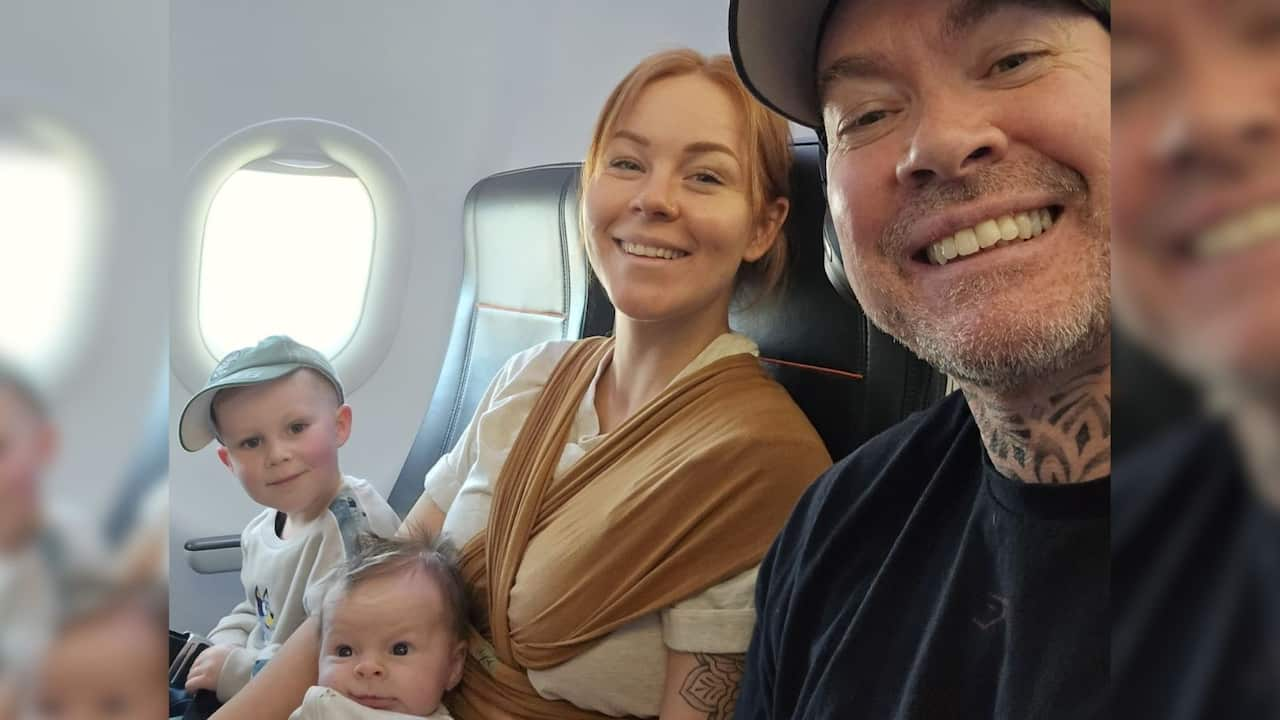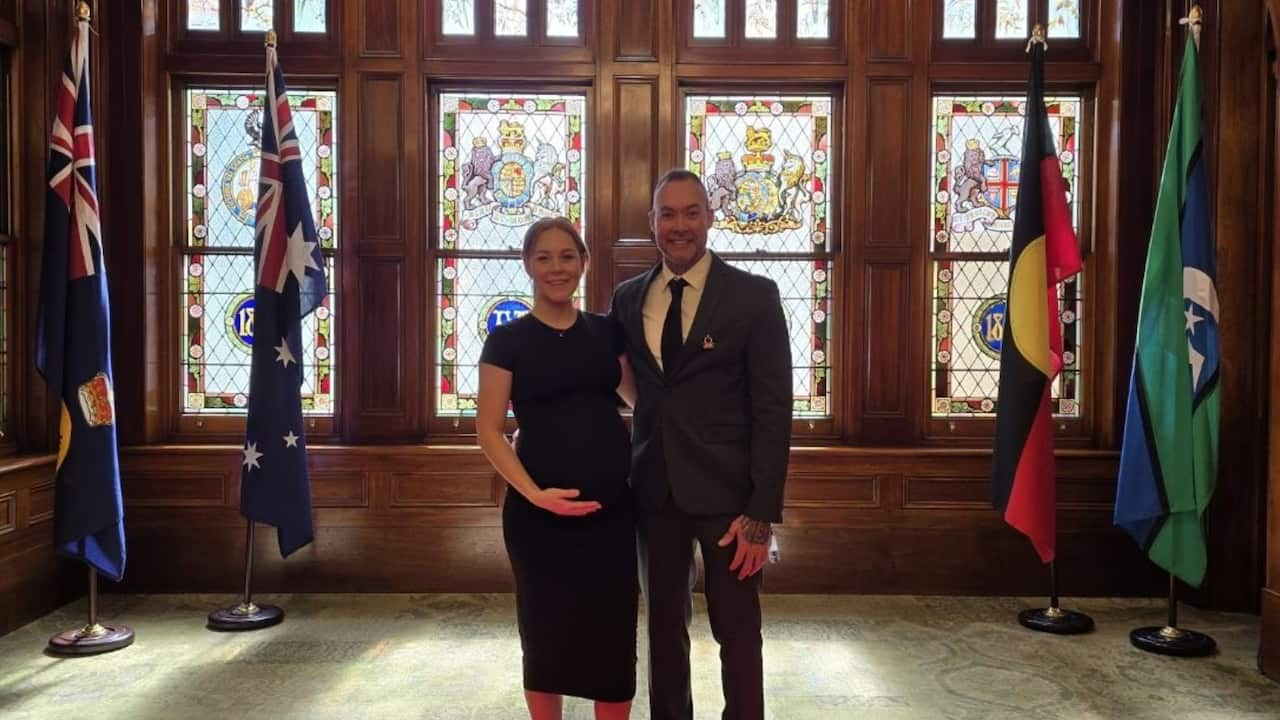People respond differently to crime. Some put their lives at risk to help, while others don't intervene. Insight explores how people navigate the consequences of crime and whether it's possible to move on from being caught up in it. Watch episode Caught Up in a Crime on SBS On Demand.
Stream free On Demand

Caught Up In A Crime
episode • Insight • News And Current Affairs • 51m
episode • Insight • News And Current Affairs • 51m
I didn't think whether I should jump out of the car when I saw a man stabbing a woman — I just did.
The military trains you in that kind of call-to-action. It was instinct.
I was in Sydney for a role handover and was at the lights on Clarence St chatting with my Uber driver when we first spotted him.
He stabbed a woman crossing the street in the back and started swinging the large kitchen knife towards other people.
I jumped out of the car and chased down the man, who we'd later know as Mert Ney.
I don't recall grabbing a milk crate during the chase, but remember trying to find something that could distance myself from his knife.
Another guy with a chair and I tried to create some distance to be able to take him down.
When he went down, I put the crate on top of his head and across his neck— making sure he couldn't move.
This is when the other guys also jumped on top to hold him down so he couldn't hurt anyone else.

I bee-lined out of the situation as soon as the police arrived and went back to the Uber car to make sure the driver was okay.
I went out for dinner with friends that night but didn't tell them about anything that had happened. I was shaken and trying to make sense of it all.
It wasn't until I just switched off social media, turned off the TV and sat in my hotel room after dinner that I started to process.
I didn't want anything more to do with the situation. Though I didn't yet know, someone, Michaela Dunn, had been murdered.
My wife (then fiancée) rang me the next morning and said: "Look, you might need to go to the police because someone's been murdered in that incident."
'Always scanning for potential threats'
During my 2007 Baghdad deployment as an infantry soldier, I was near bombings and other situations that brought me close to death. After the eight months, it was very hard for me to mould back into society.
Coming so close to a murderer 12 years later on home soil brought the reality of death back for me.
I was already a hypervigilant person, but the stabbing has made me even more so, especially now that I have two kids.
I'm always on alert, always scanning for potential threats. I have trouble sleeping and worry about keeping my family safe all the time.

It's been six years and I'm still piecing everything together, though I am lucky enough to have some support through a military mental health service.
I see a great psychologist who helps me work through things, mostly from the military, but also from the 2019 incident. I had so much to work through already from my deployment; the stabbing was the catalyst for me actually getting help.
Just talking every week and receiving her advice when I express my feelings, emotions and life updates, is invaluable.
I'll admit it took me a long time to get support, but once I did, I have not looked back. I only wish I had done it much sooner.
I tell many guys and girls the same thing: if you're experiencing something, even if it's very minor, professional support does really help.

I tend to keep myself very busy — perhaps too busy — but I find it helpful to do so.
Spending time with my kids and trying to teach them things I've learnt in therapy that have helped me is another way to cope.
But I think when everything's quiet, that's when I get deep into thought, and it becomes really quite sad.
'If your instant reaction is to run away, that's okay'
Someone asked me a while back, would I have done the same thing if my kids were there? I don't think so.
I think I would've made sure that my kids were safe — away from the situation.
Looking back on that day, my training as a soldier helped me spring into action. I've always had more of a fight than a flight instinct.
But understanding the 'flight' part is a really important preservation for life. If your instant reaction is to run away, that's okay.
I want people to know that they don't have to 'be a hero'; it's important to keep yourself safe.
You can visit Open Arms for veteran and families counselling.
For crisis and mental health support, contact Lifeline (13 11 14), SANE Australia (1800 187 263) or 13Yarn (139 276), a 24/7 Aboriginal & Torres Strait Islanders crisis support line.
And for more stories on sex, relationships, health, wealth, grief and more, head to Insightful — an SBS podcast series hosted by Kumi Taguchi. Follow us on the SBS Audio App, Apple Podcasts, Spotify, or wherever you get your podcasts.
Insight is Australia's leading forum for debate and powerful first-person stories offering a unique perspective on the way we live. Read more about Insight
Have a story or comment? Contact Us


